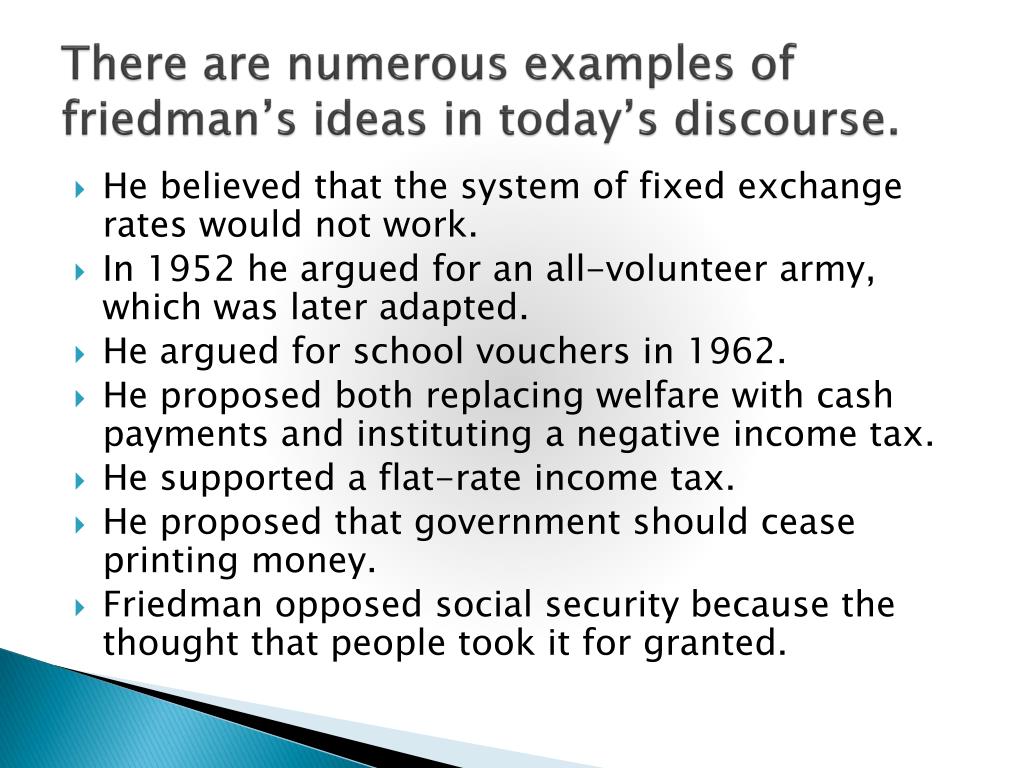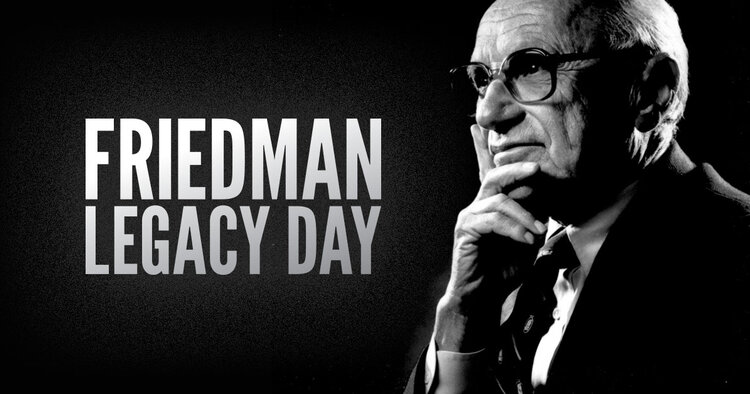
Take a British person who wants to visit America after World War II. In other words, anything you do to one, good or bad, will affect the other.


That’s because these two seemingly different pieces that comprise how our world works are actually interdependent. Just imagine trying to mix the state-led ways of the Soviet Union with the freedom-centric government of the United States. Logically it would then make sense that you can have any political and any economic system and they’ll work out well together.īut in the real world, things don’t work that way. When we talk about economics, we mean material comforts, and political lectures are all about freedom for individuals. In school, we learn that economics and politics are two separate subjects. If you want to save this summary for later, download the free PDF and read it whenever you want.ĭownload PDF Lesson 1: Decreasing the size of government and decentralizing it will help keep political and economic freedom strong.

He also reveals how monopolies, poorer living standards, and inequality all result when politicians get too involved in the economy.

In this book, Friedman teaches the benefits of capitalism. Milton Friedman, author of Capitalism and Freedom: A Leading Economist’s View of the Proper Role of Competitive Capitalism, would have been worried about all of this. On the other hand, the tenets of communism are back on the rise. In the words of Margaret Thatcher, “there is no alternative.”īut now, in the wake of the 2008 financial crisis, politicians and citizens are questioning whether the risks of this economic standard are worth it. Government leaders and scholars both agreed that this was the way to go. The smashing victory of the West’s capitalism over Soviet socialism in the Cold War cemented it as the leading system. Listen to the audio of this summary with a free reading.fm account*:


 0 kommentar(er)
0 kommentar(er)
